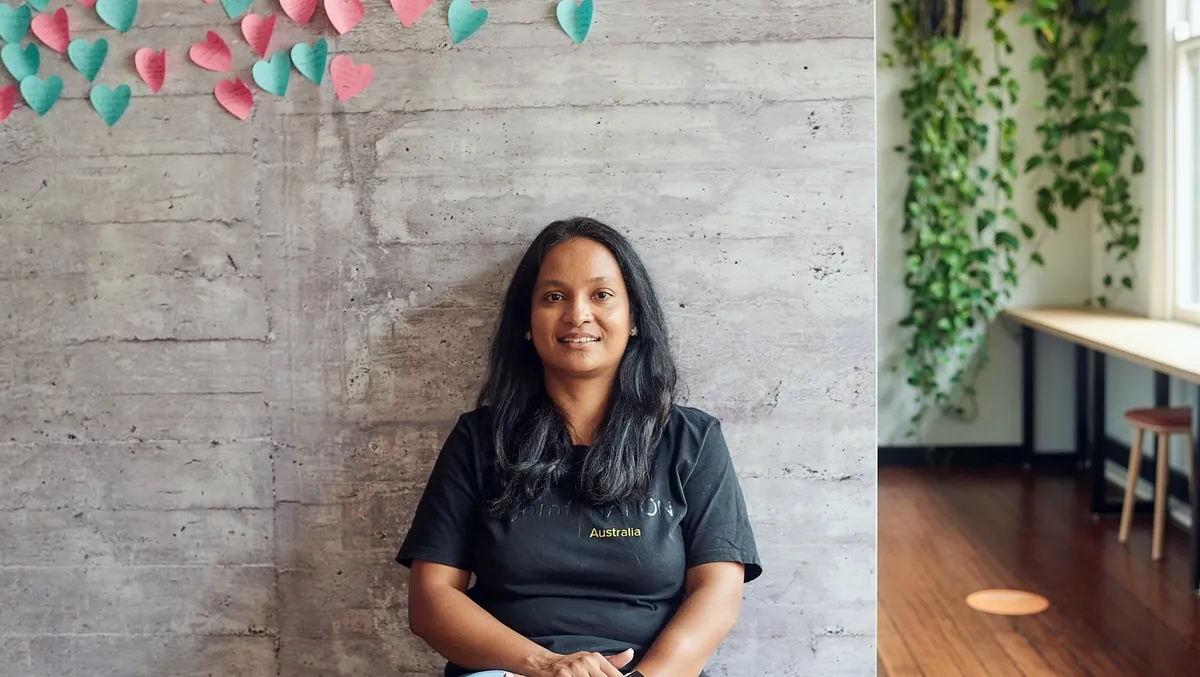
IWD 2023: Embracing equity starts with backing yourself
Who among us hasn't suffered from a bout or several of Imposter Syndrome? That self-doubting inner voice that pipes up, telling us that, despite our education, experience and aptitude, we're not up to the job and, worse still, we're in imminent danger of being exposed as a fraud?
While it's not an exclusively female complaint, Imposter Syndrome tends to be more common among women than men.
An extraordinary 75% of executive women report experiencing it at some point in their careers, according to research published in KPMG's Advancing the Future of Women in Business: A KPMG Women's Leadership Summit Report of 2020.
Three-quarters of survey respondents believed their male counterparts did not experience the same degree of self-doubt, while 81% felt they put more pressure on themselves not to fail than men do.
Holding ourselves back
I can personally attest to Imposter Syndrome's potentially crippling effect and wonder whether it's part of the reason our gender is under-represented in the ICT sector in general and the management ranks in particular.
Lack of self-belief saw me questioning whether I had what it took when I was tapped to lead a team at Jamf, the Apple device management company, back in 2020. I'd spent four years in the customer success unit and had the respect of my co-workers and managers – so much so that the latter invited me to apply for the higher role – but struggled to see why I'd been selected and agonised over whether I had what it took nonetheless.
Although, as an individual contributor, I'd always step up when asked, present in meetings and seek out opportunities to stretch myself by going above and beyond in my role, my recurring thought was, "No, I don't – I don't have the experience to do the job, and I don't know how to lead a team".
Summoning self-belief
I'm thankful for the support I received from our APAC business leaders at that time. They made it very clear they believed I could and would continue to do my very best work in a position of greater responsibility and challenge.
The faith they were prepared to place in me was the confidence booster I needed to go for it. Having their backing helped me feel comfortable with the fact that, while there might be things I didn't know about my new role, I could learn as I went.
And that's just what happened.
Some 18 months later, when I was promoted to the role of senior customer success manager, APAC, it was a significantly easier transition – a natural progression, not a daunting leap into the unknown. That time around, I felt competent and confident that I was the right person for the job, not the imposter I'd seen myself as in days of yore.
Uplifting one another
Now, I do my best to 'pay it forward' by encouraging and uplifting the high-calibre women in my 12-strong team.
Whether it's taking the lead in meetings, heading up employee resource groups or enacting positive initiatives to improve our customer engagement and retention, I'm committed to helping them extend themselves and be visible.
I tell them to put their hands up for opportunities, large and small, and back themselves to rise to the challenge because I know they can do it and do it very well.
On International Women's Day 2023, that's my message for other Australian ICT professionals who may be feeling diffident about their promotional prospects in what remains a heavily male-dominated industry.
Stop second-guessing yourself, shuck off the self-doubt and step up to whatever challenges and opportunities come your way. And encourage your female colleagues to do likewise, should they have ambitions to advance. Gender equity in the management and leadership ranks is a journey we need to make together.

